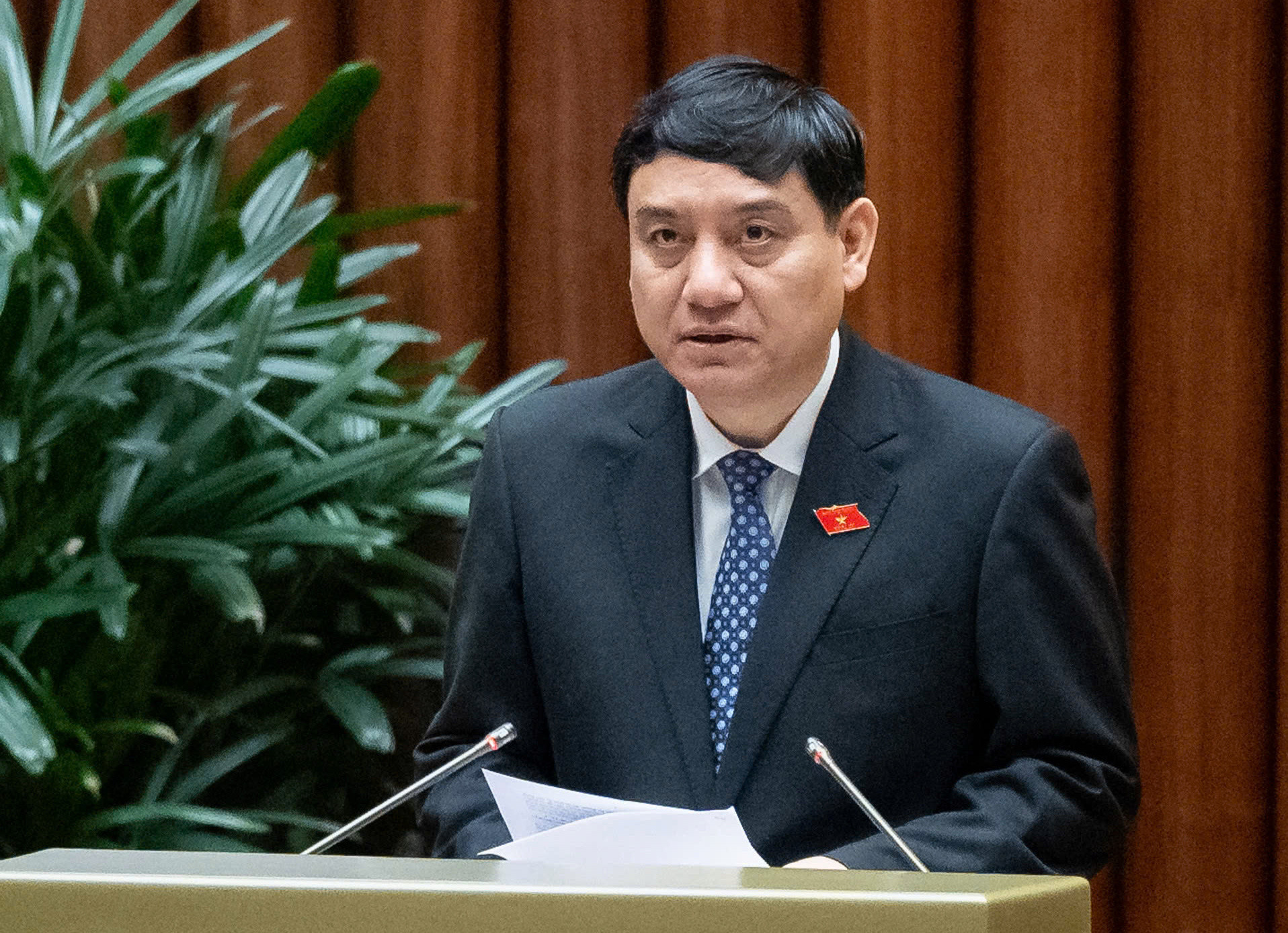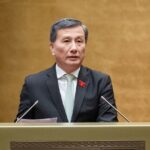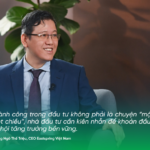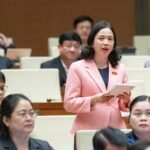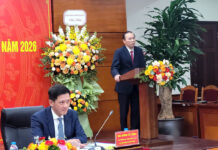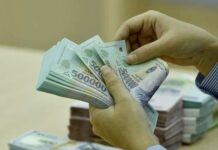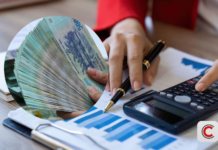The National Assembly has resolved that the total capital for this program in the 2025–2030 period will be a minimum of VND 122,250 billion.
The central budget capital accounts for 63% with VND 77,000 billion (including VND 50,000 billion in investment capital and VND 27,000 billion in regular expenditure capital); local budget capital accounts for 24.6% with VND 30,250 billion; the remaining 12.4% is from other sources (about VND 15,000 billion).
In the process of governance, the Government will continue to balance the central budget to prioritize additional support for the Program in line with practical conditions and have appropriate solutions to mobilize all legal capital sources for implementation.
The National Assembly requires that the central budget capital allocated to the Program must be invested in a focused, prioritized, and sustainable manner, focusing on the contents that need to be prioritized for implementation to create a breakthrough in cultural development.
First of all, invest in important and urgent tasks in the preservation and development of culture, the development of a fully developed person, and the construction of a Vietnamese culture that is advanced, imbued with national identity; tasks that the State needs to invest in to lead, orient, dominate, and create a foundation for attracting the whole society to participate in cultural development.
According to the resolution, investment needs to be decentralized to create autonomy for local authorities.
One of the specific mechanisms and policies in the implementation of the program is to implement the investment in the construction of the Vietnamese Cultural Center abroad.
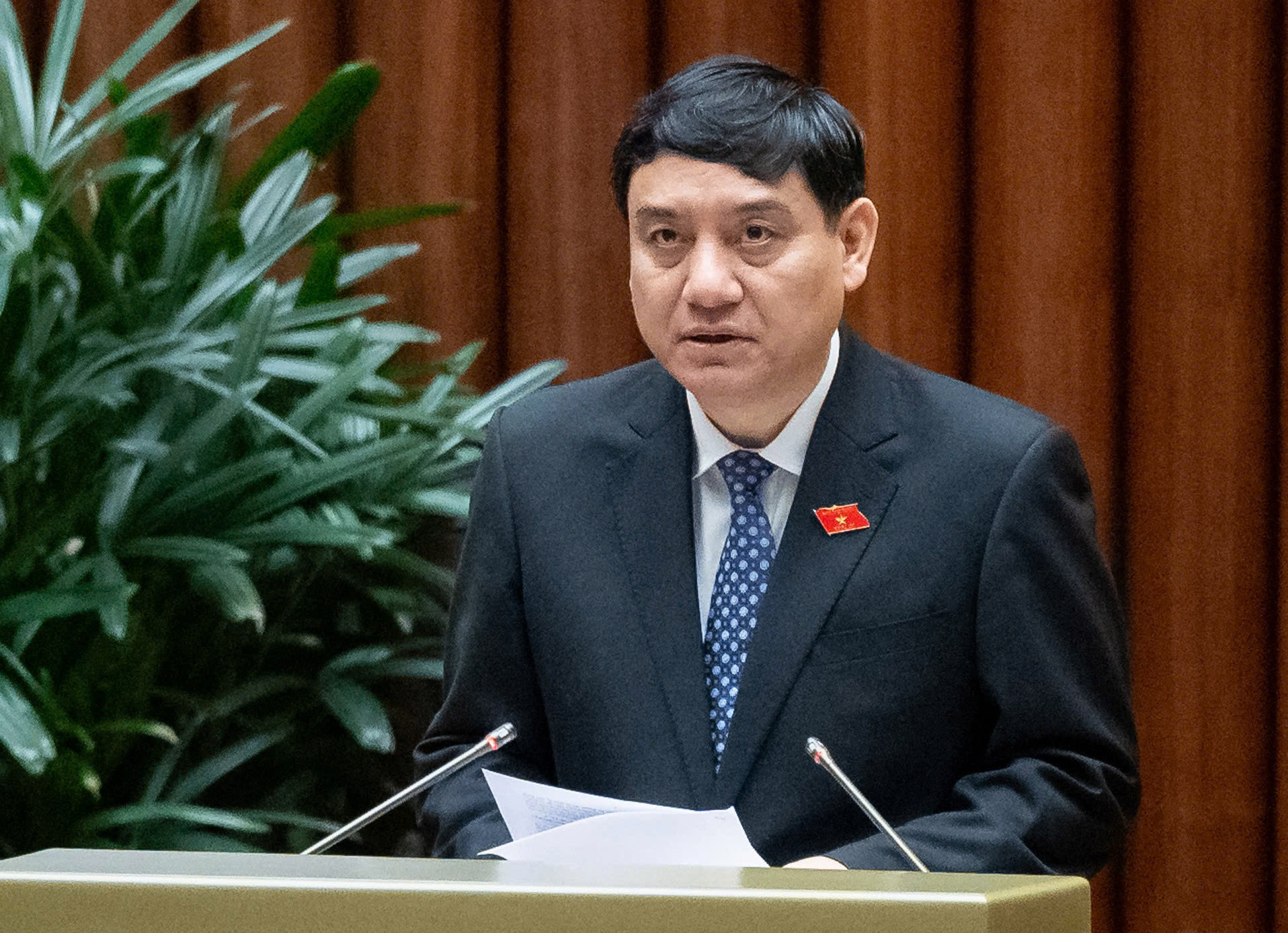
Chairman of the Culture and Education Committee Nguyen Dac Vinh reported on the explanation, reception, and editing of the draft resolution. Photo: National Assembly |
Reporting on the explanation, reception, and editing of the draft resolution before the National Assembly passed it, Mr. Nguyen Dac Vinh, Chairman of the Culture and Education Committee, said that there were opinions wondering that the proportion of “other capital” is still high at 12.4%, and it is not feasible for localities that are still facing difficulties.
According to the Standing Committee of the National Assembly, “other capital” mobilized for the implementation of the Program includes capital sources from enterprises, organizations, and individuals participating in the implementation of projects; capital mobilized through investment attraction policies; capital contributed voluntarily by the people (in cash, in kind, labor days)…
Meanwhile, the 12.4% rate is the average rate across the country. For localities with favorable socio-economic conditions, especially localities that develop cultural industries, the rate will be higher. For localities with difficult socio-economic conditions, it is possible to mobilize people’s contributions in the form of labor days and in-kind contributions…
Mr. Vinh also said that regarding the expected plan for capital allocation and progress, there were opinions requesting to review and evaluate the ability to arrange the budget and disburse capital in 2025.
The Standing Committee of the National Assembly said that according to the report proposing the investment policy, the Program is expected to arrange VND 400 billion in capital in 2025, of which the central budget is VND 150 billion, and the rest is the local budget. This amount of capital is completely within the capacity of the state budget.
Regarding the policy of investing in the construction of Vietnamese Cultural Centers abroad, the Chairman of the Culture and Education Committee said that many opinions agreed with this content, but there were also opinions that it is necessary to supplement the implementation mechanism to ensure feasibility, effectiveness, and avoid waste.
According to the Standing Committee of the National Assembly, investing in the construction of Vietnamese Cultural Centers abroad is in line with the Party’s and State’s guidelines, implementing the strategy of cultural diplomacy, and meeting the requirements of reality.
Therefore, the Standing Committee of the National Assembly asked the National Assembly to allow the inclusion of this content as one of the specific mechanisms in the implementation of the Program.
The Standing Committee of the National Assembly requested that the Government direct and receive the opinions of the delegates, select the construction of the Centers according to the order of priority; continue to perfect the organization and operation mechanism suitable for each locality, and have solutions to improve the effectiveness of the Centers’ activities to ensure feasibility, effectiveness, and avoid waste.
Thu Hang
The Mineral Resources Act: Unveiling a Legislative Landmark
On November 29, under the direction of Vice Chairman Nguyen Duc Hai, the National Assembly voted to pass the Law on Geology and Minerals. The electronic voting results showed that out of 448 delegates present, 446 voted in favor, accounting for 93.11% of the total number of delegates. Thus, with a high approval rate, the National Assembly has officially passed the Law on Geology and Minerals.
“Patience and Trust: The Keys to Smart Investing, Says Eastspring Vietnam CEO”
The “get-rich-quick” mindset is a prevalent pitfall and a reason why many people leave the game before they can reap the rewards of success. As a guest on the talk show, “The Investors”, hosted by CafeF and VPBankS, the CEO of Eastspring Vietnam shared invaluable lessons from his own journey to success.
Stock Market Pre-Trading: The “Takeover” Wave of Subsidiaries and Small Companies?
Many listed companies have divested, “acquired” or sold controlling stakes in their subsidiaries or smaller companies.


























